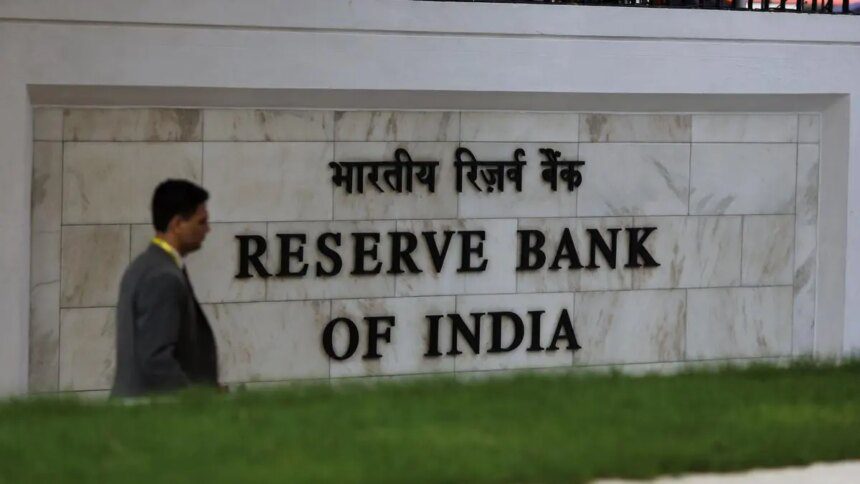The Reserve Bank of India (RBI) has announced plans to enhance bank lending to stock market investors, which is expected to deepen market engagement and enable retail investors to make larger investments in both primary and secondary markets.
To facilitate this, the RBI proposes removing the regulatory cap on loans against listed debt securities and increasing lending limits against shares from ₹20 lakh to ₹1 crore, and for IPO financing from ₹10 lakh to ₹25 lakh per individual. Additionally, the RBI aims to repeal a framework established in 2016 that constrained lending to specific borrowers with banking system credit limits of ₹10,000 crore and above.
Anil Gupta, Senior Vice President and Co-Group Head at ICRA, commented that the relaxation of these lending norms, including the removal of regulatory caps, will empower banks in promoting market growth. However, he noted that higher financing limits available to Non-Banking Financial Companies (NBFCs) may continue to provide them a competitive edge.
The RBI has also broadened the scope of bank lending to include financing for corporate acquisitions, which is anticipated to deepen banks’ roles in capital market activities. RBI Governor Sanjay Malhotra justified the move by stating that while the Large Exposure Framework addresses individual bank concentration risk at the entity level, systemic risk will be managed through specific macro-prudential tools as deemed necessary.
In efforts to lower infrastructure financing costs for NBFCs, the RBI has proposed reducing risk weights on loans for operational, high-quality infrastructure projects.
Mahendra Kumar Jajoo, Chief Investment Officer of Fixed Income at Mirae Asset Investment Managers (India), highlighted that the policy review encompasses significant measures beyond interest rate adjustments. This includes a re-evaluation of the expected credit loss framework, capital market exposure limits for banks, and norms for large borrower exposure, all of which may considerably impact ease of business within the financial services sector and enhance lending and capital market activities.
In terms of immediate effects, Jajoo anticipates that money market rates may further ease, while long-term rates are likely to remain stable.
Ajay Garg, CEO of SMC Global Securities, stated that the RBI reforms could significantly bolster the stock broking industry, enhance liquidity, broaden investor participation, and allow high-net-worth individuals to access larger allocations in IPOs. He remarked that Indian banks now possess a robust framework to efficiently finance corporate acquisitions, with enhanced credit access and elevated lending limits expected to drive mergers, acquisitions, and investments.
Published on October 2, 2025.










